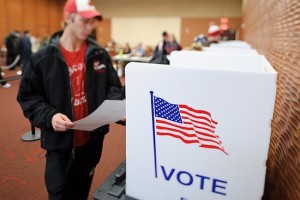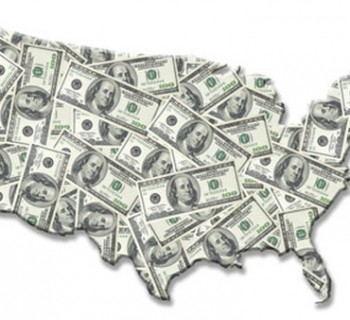The upcoming U.S. presidential election may have significant effects on our already fragile economy. Tax law changes, spending cuts, health care reform and the “fiscal cliff” are just a few of the areas that will be impacted. In fact, the contrasting views held by the president and the Republican nominee on many areas of the economy have created a substantial amount of uncertainty for investors. While no one is quite sure who will be our next president, it is important to be aware of the sectors that may be impacted the most by the outcome of November’s election.
Health care
The long term expenses associated with our health care system have remained front and center during this campaign. If President Obama is re-elected, the Affordable Care Act (ACA), which mandates that everyone have health care coverage, would lead to some winners and losers if upheld. Possible beneficiaries include hospitals, diagnostic labs and generic drug makers.
The ACA may lead to lower profit margins for health insurance companies providing Medicare as they move to exchanges because consumers will have other options for health care coverage. But the expansion of Medicaid, which provides health care options for lower income people, could lead to more profit for Medicaid providers.
In addition, hospitals may benefit from fewer uninsured patients and generics could benefit from greater pressure to bring these drugs to market quicker.
Alternatively, a Mitt Romney win could lead to a repeal of all or part of the ACA. Since the market is currently pricing in lower profit margins for health insurance companies providing Medicare due to the ACA’s implementation, its repeal may lead to higher profitability for companies in this sector.
In addition, the ACA also contains a 2.3 percent excise tax on medical device suppliers and if it is repealed, these manufacturers could also see a boost in profitability.
Financials
Romney has suggested that if elected, he may attempt to change some of the financial regulations implemented during the last four years including Dodd-Frank. While many analysts are unsure to what extent financial regulations will ultimately change, the financial sector is sensitive to legislation and diversified financial service providers could react positively to a less restrictive regulatory environment. Alternatively, President Obama’s support for home foreclosure prevention policies may improve the bottom line for home builders. In addition, construction material suppliers could also benefit from these policies.
Energy
Like other sectors, energy will have its winners and losers depending on the election’s outcome and investors should pay close attention. Obama has suggested he supports extending the wind production tax credit and other green energy policies that could lead to benefits for alternative energy providers. On the other hand, coal, oil and gas drillers and producers may react more favorably to a possible reduction in environmental regulations that could come from Romney’s support of these industries.
Defense
Many analysts believe Defense spending may have to be reduced due to budgetary conflicts regardless of who is elected. Despite this, defense companies may see increased profitability with a Republican win since Romney generally supports a larger defense budget.
Dividend tax rates
The tax treatment of certain asset classes can also have a significant effect on investor behavior and the valuation of certain companies. For example, Obama’s tax plan calls for the tax rate on dividends to increase from 15 percent to as high as 43.4 percent in 2013 for higher income earners. As a result, analysts and investors will be carefully watching tax rates since high dividend sectors such as telecommunications, consumer staples and utilities could be impacted by an increase in tax rates if investors look for alternatives for income.
Political uncertainty may remain for years as Congress attempts to address structural issues within our economy. Remember, any attempts to time the market based upon predictions for the upcoming election can subject your portfolio to unnecessary risk and investing always involves risk. However, an awareness of the economic dynamics of each outcome is still important. Consider carefully reviewing your portfolio so you are prepared for the uncertainties that lie ahead. Since everyone’s situation is unique, consider speaking to your adviser to determine how to best prepare your portfolio for the upcoming election.
Kurt J. Rossi, MBA, is a Certified Financial Planner PRACTITIONER. He can be reached for questions at 732-280-7550 & kurt.rossi@Independentwm.com. LPL Financial Member FINRA/SIPC.









